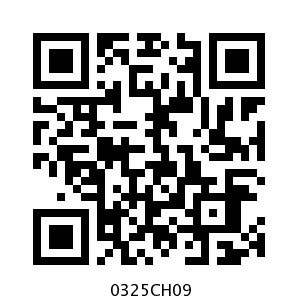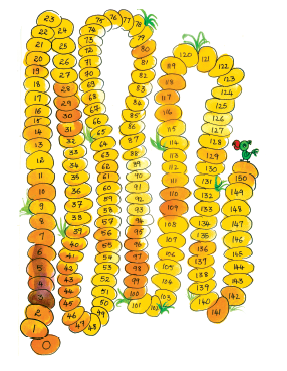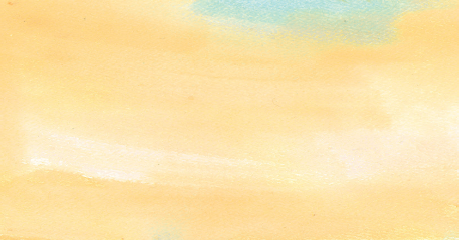Table of Contents
9. How Many Times?
Leggy Animals

There are 5 goats.
How many legs altogether?
4 + 4 + 4 + 4 + 4 = 20
or 5 times 4 is 20
or 5 * 4 = 20

How many spiders?
One spider has _____ legs.
In all, spider legs are 3 times __
or _____+ _____ + = _____
or 3 * _____ = _____

Do you know this leggy fellow?
This is an octopus.
It lives in the sea.
It also has 8 legs.
So how many legs altogether do 5 octopuses have?
_____ + _____ + _____ + _____ + = _____
or 5 times_____ = _____
or 5 * _____ = _____

Give me your hand, hand, hand, .............!
Find the Number without Counting
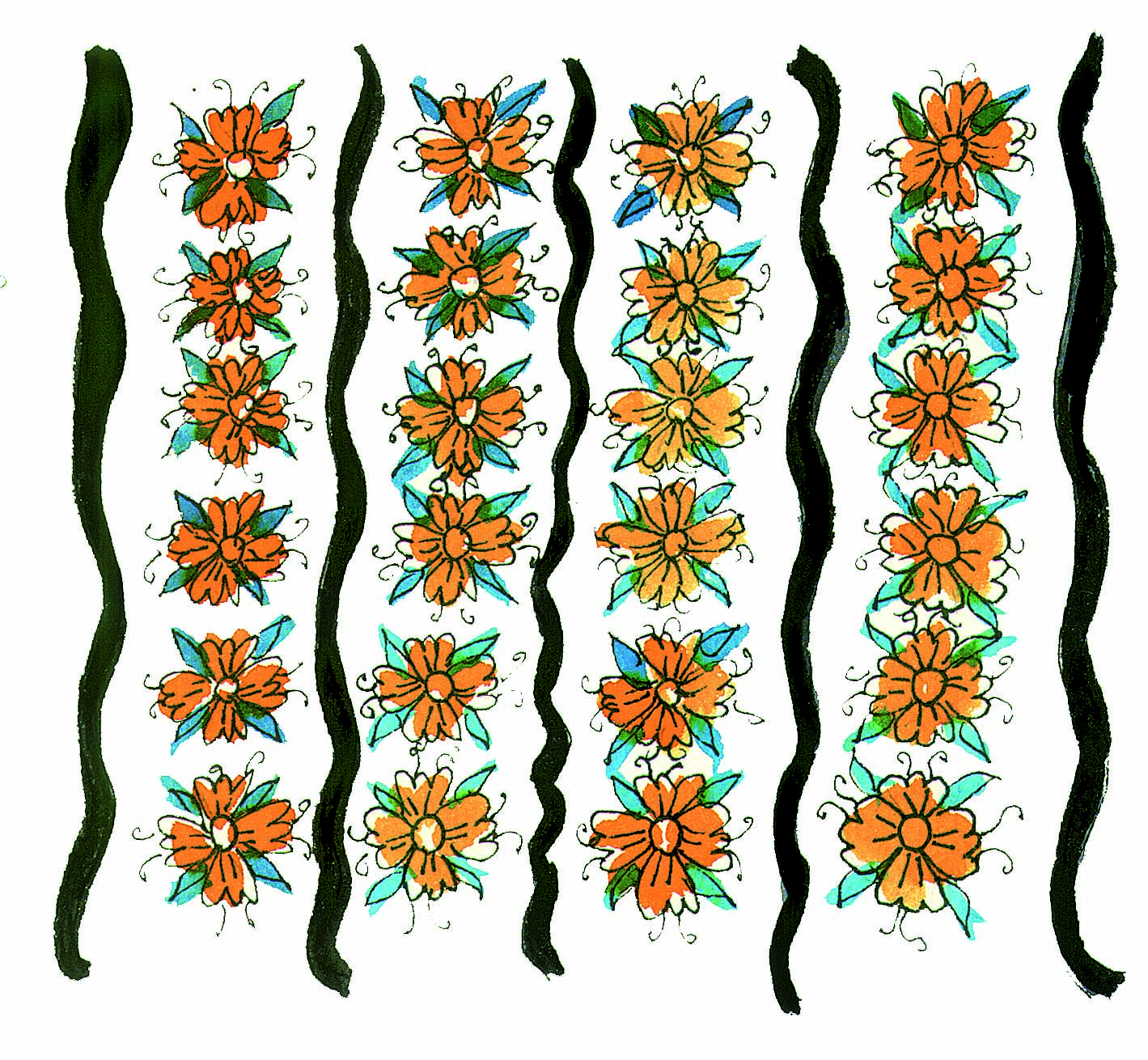
How many flowers in a flower bed?
It has 4 columns. Each column has 6 flowers. So altogether the flower bed has 4 times 6 flowers,
6 + 6 + 6 + 6 = 24 or
4 * 6 = 24
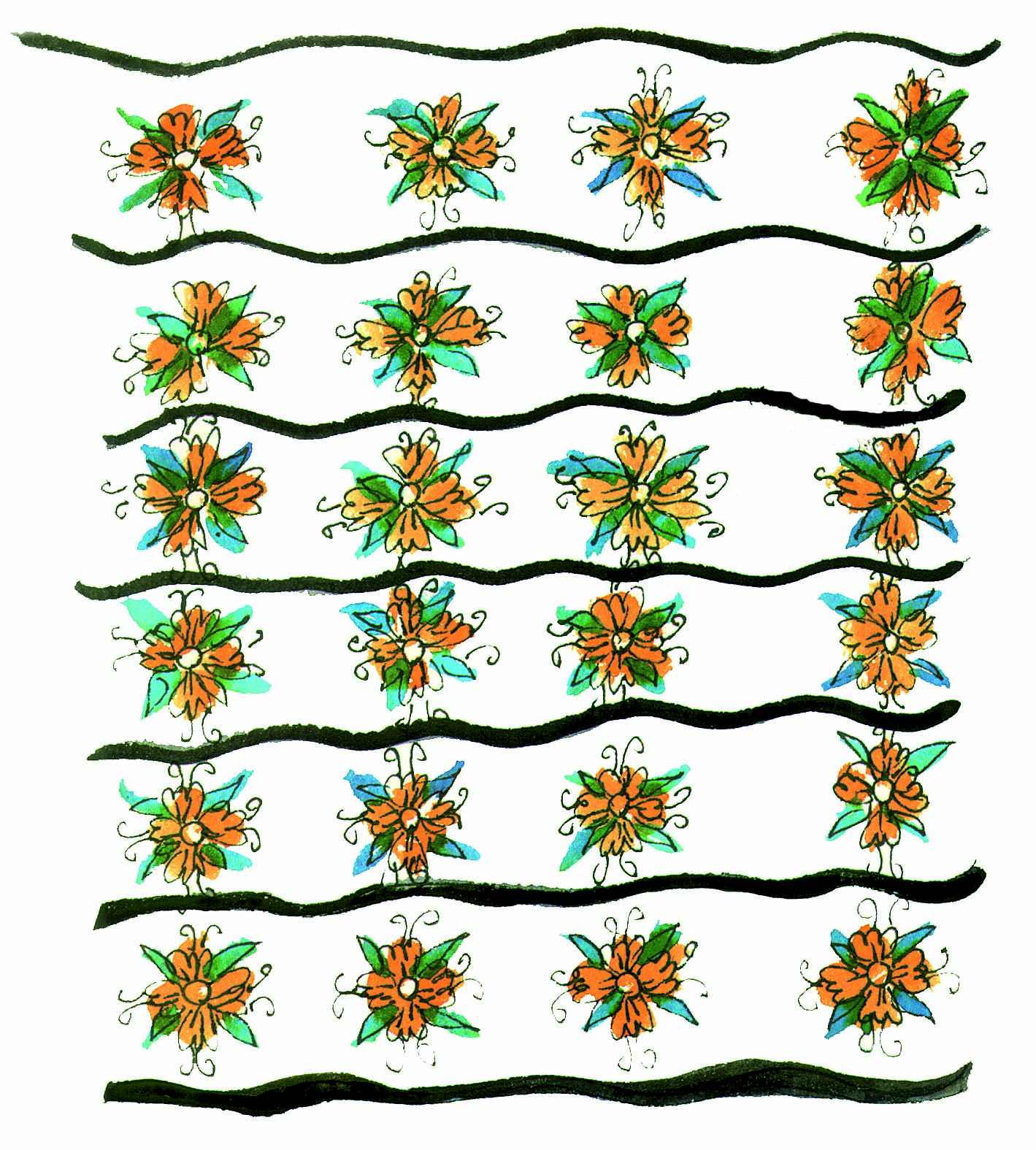
Let's try another way. The flower bed has 6 rows. Each row has 4 flowers. Altogether the flower bed has 6 times 4 flowers,
4 + 4 + 4 + 4 + 4 + 4 = 24
or 6 * 4 = 24

In the same way, how many bottles are these?
_____ times _____ = _____ bottles

How many eggs?
_____ times _____ = _____ eggs
Practice Time
- Rewrite using the + sign.
2 * 5 is 2 times 5 or 5 + 5
4 * 18 is 4 times _____ or _____+ _____ + _____ + _____
3 * 20 is _____ times _____or _____ + _____ + _____
8 * 9 is _____ times _____or _____+ _____+ _____+ _____
- Tell how many times!
9 + 9 + 9 + 9 + 9 + 9 = 6 * 9 = 54
4 + 4 + 4 + 4 + 4 = 5 * 4 = 20
8 + 8 + 8 = _____ * 8 = _____
3 + 3 + 3 + 3 + 3 = 5 * _____ = _____
30 + 30 + 30 = _____ * _____ = _____
7 + 7 + 7 + 7 + 7 + 7 = _____ * _____ = _____
12 + 12 + 12 + 12 = _____ * 12 = _____
6 + 6 + 6 = _____ * _____ = _____
10 + 10 + 10 + 10 = _____ * _____ = _____
2 + 2 + 2 + 2 + 2 = _____ * _____ = _____
6 + 6 + 6 + 6 + 6 + 6 + 6 = _____ * _____ = _____
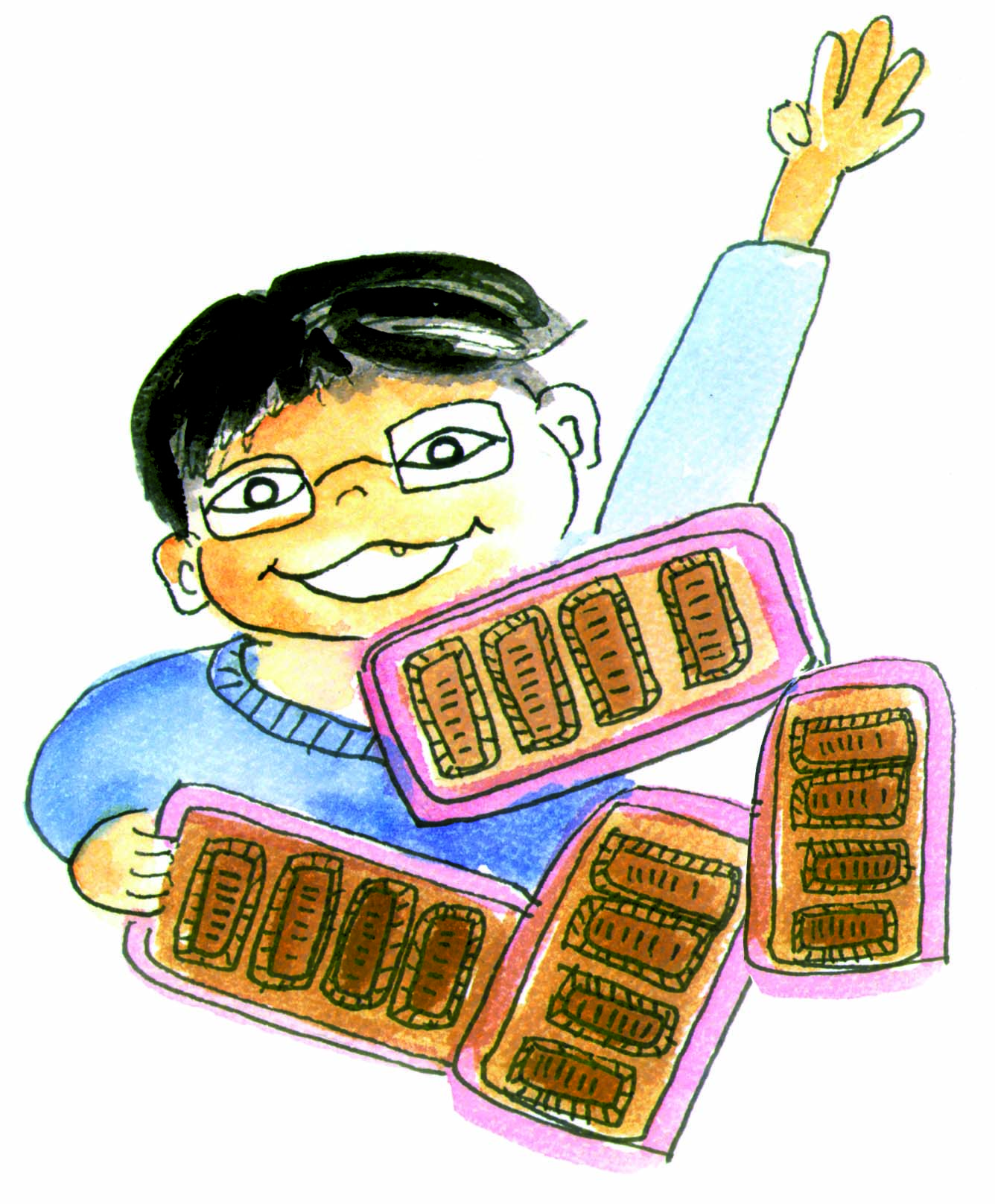
C. Ramu bought 4 packets of biscuits. Each packet has 4 biscuits. How many biscuits did Ramu buy? _____
D. There are 12 desks in a classroom. Each desk has 4 legs. What is the total number of legs of the desks? _____
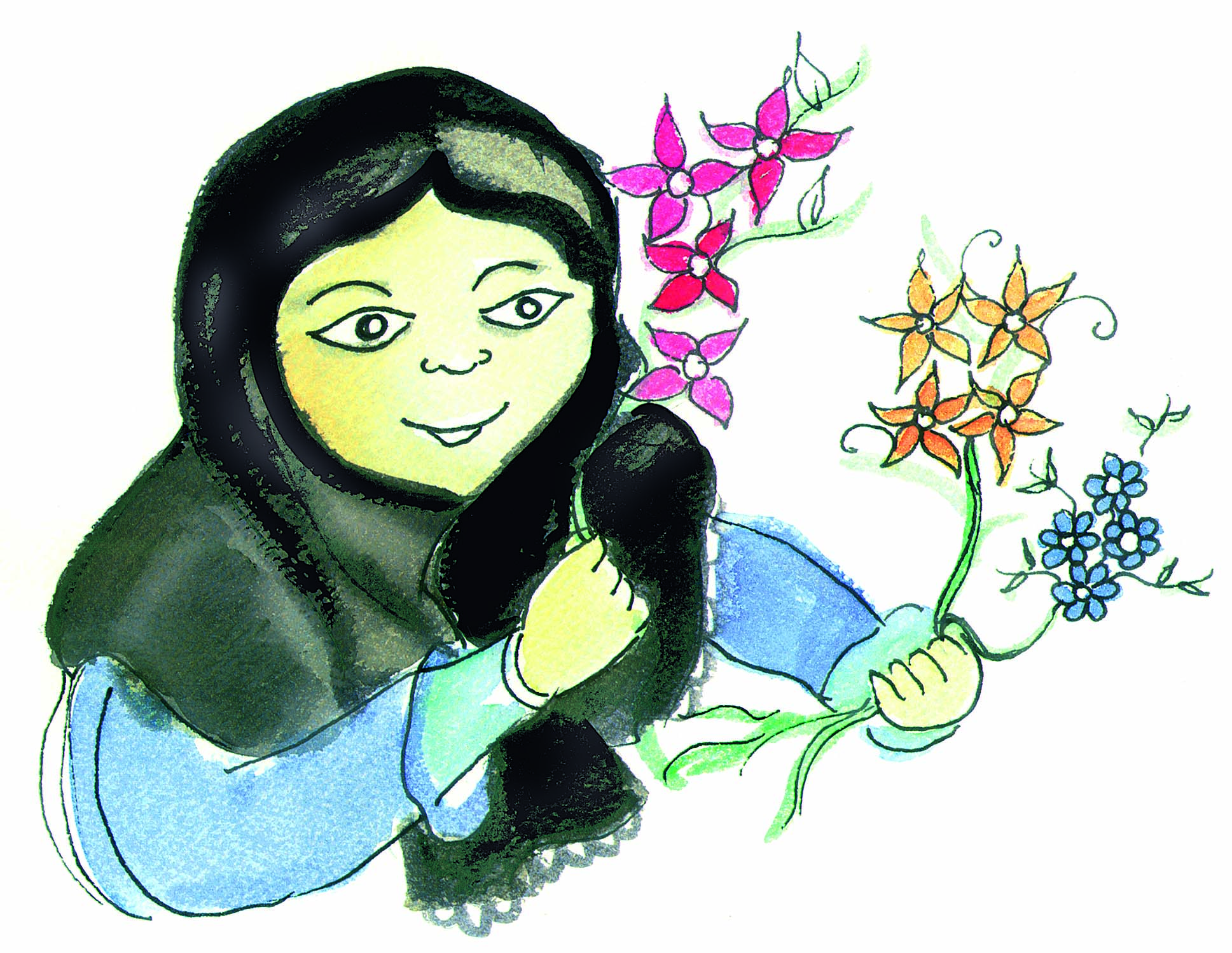
E. Sabiha brought home 3 bunches of flowers. Each bunch has 4 flowers. How many flowers were there? _____

F. One rail coach has 8 wheels. How many wheels in all in 6 coaches? _____
After children attempt word problems, there should be a discussion on how they arrived at their
answers. This will help children develop a conceptual understanding of multiplication.
How Many Times 2?

1 time 2 is 2 or 1 * 2 = 2
2 times 2 is 4 or 2 * 2 = 4
3 times 2 is 6 or 3 * 2 = 6
4 times 2 is _____ or 4 * 2 = _____
5 times 2 is _____ or 5 * 2 = _____
6 times 2 is _____ or 6 * 2 = _____
_____ times 2 is _____ or _____ * 2 = _____
_____ times _____ is _____ or 8 * 2 = _____
_____ times _____ is _____ or 9 * 2 = _____
_____ times _____ is _____ or 10 * 2 = _____
Jump with Me
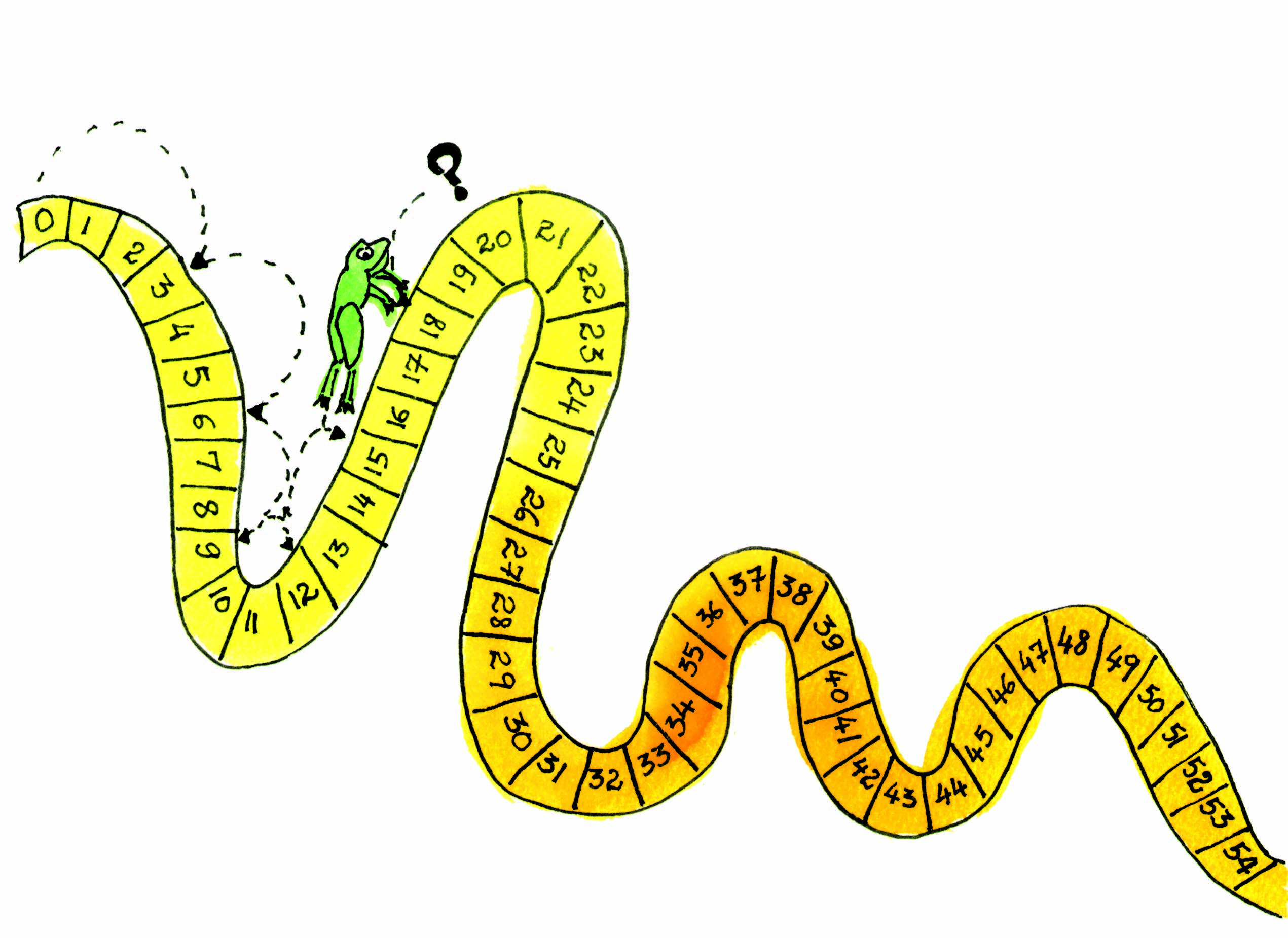
Tarru Frog jumps 3 steps each time. Which numbers will Tarru touch?
| 1 * 3 | _____ |
| 5 × 3 | _____ |
| 2 * 3 | _____ |
| 3 * 3 | _____ |
| 4 * 3 | _____ |
| 9 * 3 | _____ |
| 6 * 3 | _____ |
| 7 * 3 | _____ |
| 8 * 3 | _____ |
| 13 * 3 | _____ |
| 10 * 3 | _____ |
| 11 * 3 | _____ |
| 12 * 3 | _____ |
| 14 * 3 | _____ |
| 15 * 3 | _____ |
Show jumps with 4 steps
| 1 * 4 | _____ |
| 5 * 4 | _____ |
| 2 * 4 | _____ |
| 3 * 4 | _____ |
| 4 * 4 | _____ |
| 9 * 4 | _____ |
| 6 * 4 | _____ |
| 7 * 4 | _____ |
| 8 * 4 | _____ |
| 13 * 4 | _____ |
| 10 * 4 | _____ |
| 11 * 4 | _____ |
| 12 * 4 | _____ |
| 14 * 4 | _____ |
| 15 * 4 | _____ |
Try jumps with seven steps
| 1 * 7 | _____ |
| 2 * 7 | _____ |
| 3 * 7 | _____ |
| 4 * 7 | _____ |
| 5 * 7 | _____ |
| 6 * 7 | _____ |
| 7 * 7 | _____ |
| 8 * 7 | _____ |
| 9 * 7 | _____ |
| 10 * 7 | _____ |
| 11 * 7 | _____ |
| 12 * 7 | _____ |
| 13 * 7 |
|
| 14 * 7 | _____ |
| 15 * 7 | _____ |
Stick Play
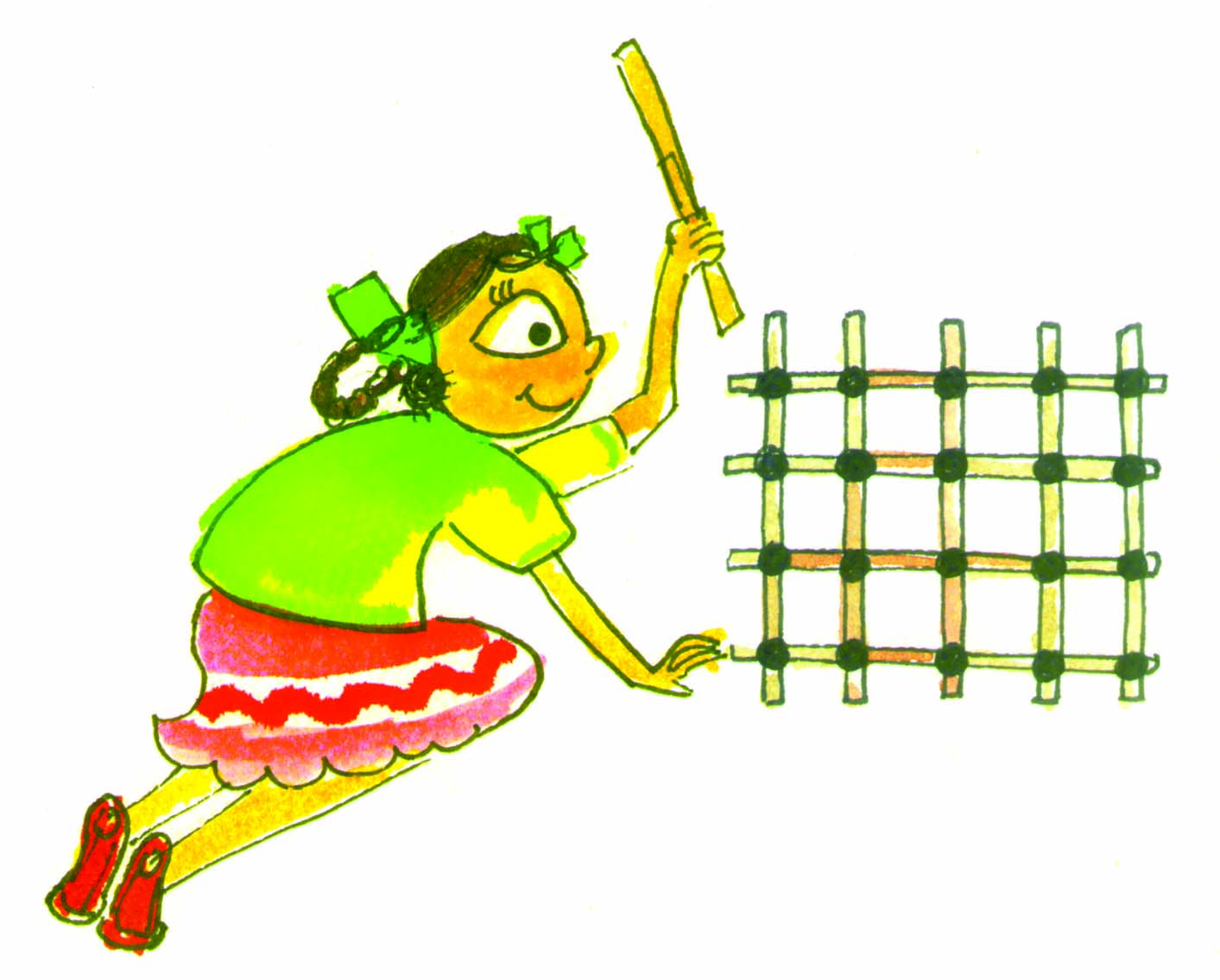
Mithu had some sticks. She arranged them like this:
1 time 5 = 5
2 times 5 = 10
3 times 5 = 15
4 times 5 = 20
Then she counted how many times the sticks were crossing each other. She found that
4 times 5 = 4 * 5 = 20
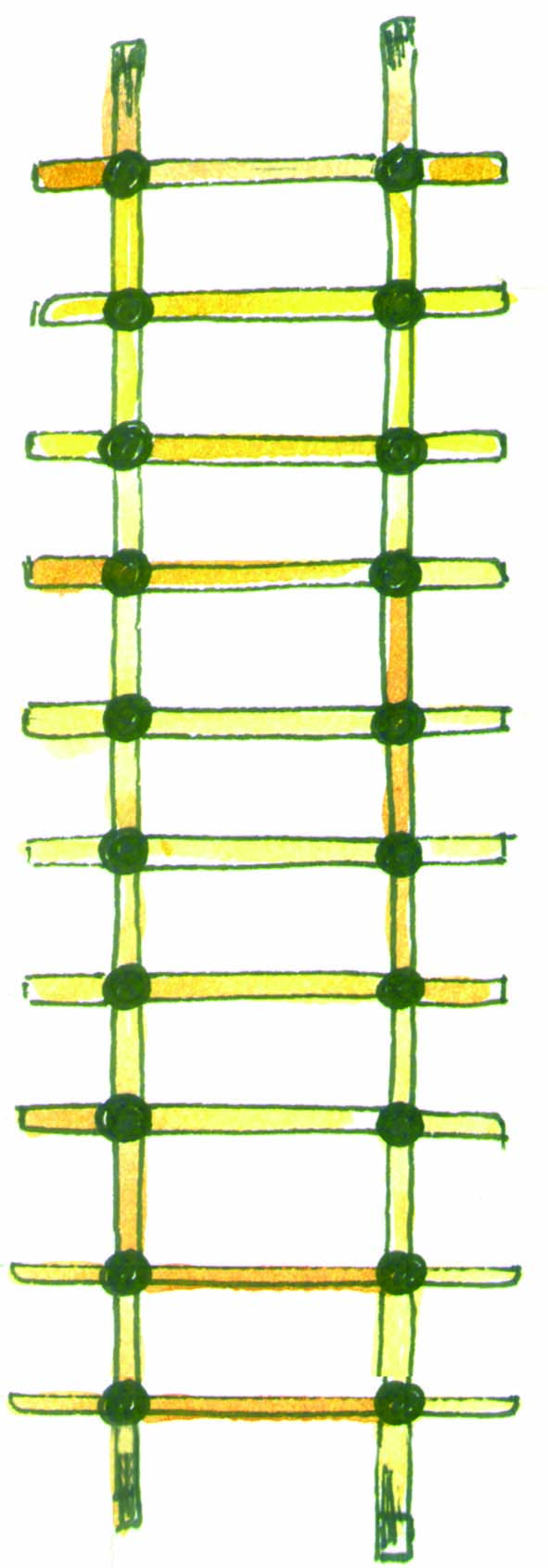
Let's try making a 2 times table with sticks:
1 * 2 = 2
2 * 2 = 4
3 * 2 = 6
4 * 2 = _____
5 * 2 = _____
6 * 2 = _____
7 * 2 = _____
8 * 2 = _____
9 * 2 = _____
10 * 2 = _____
Children can be given 16 and 24 sticks to arrange and encouraged to try different arrangements
like 4 * 4, 2 * 8, 8 * 2 for 16 sticks and 12 * 2, 8 * 3, 4 * 6, 6 * 4, 3 * 8, 2 * 12 for 24 sticks.

Now draw sticks to make the multiplication table of 6:
Shopping with Tables
How much do these things
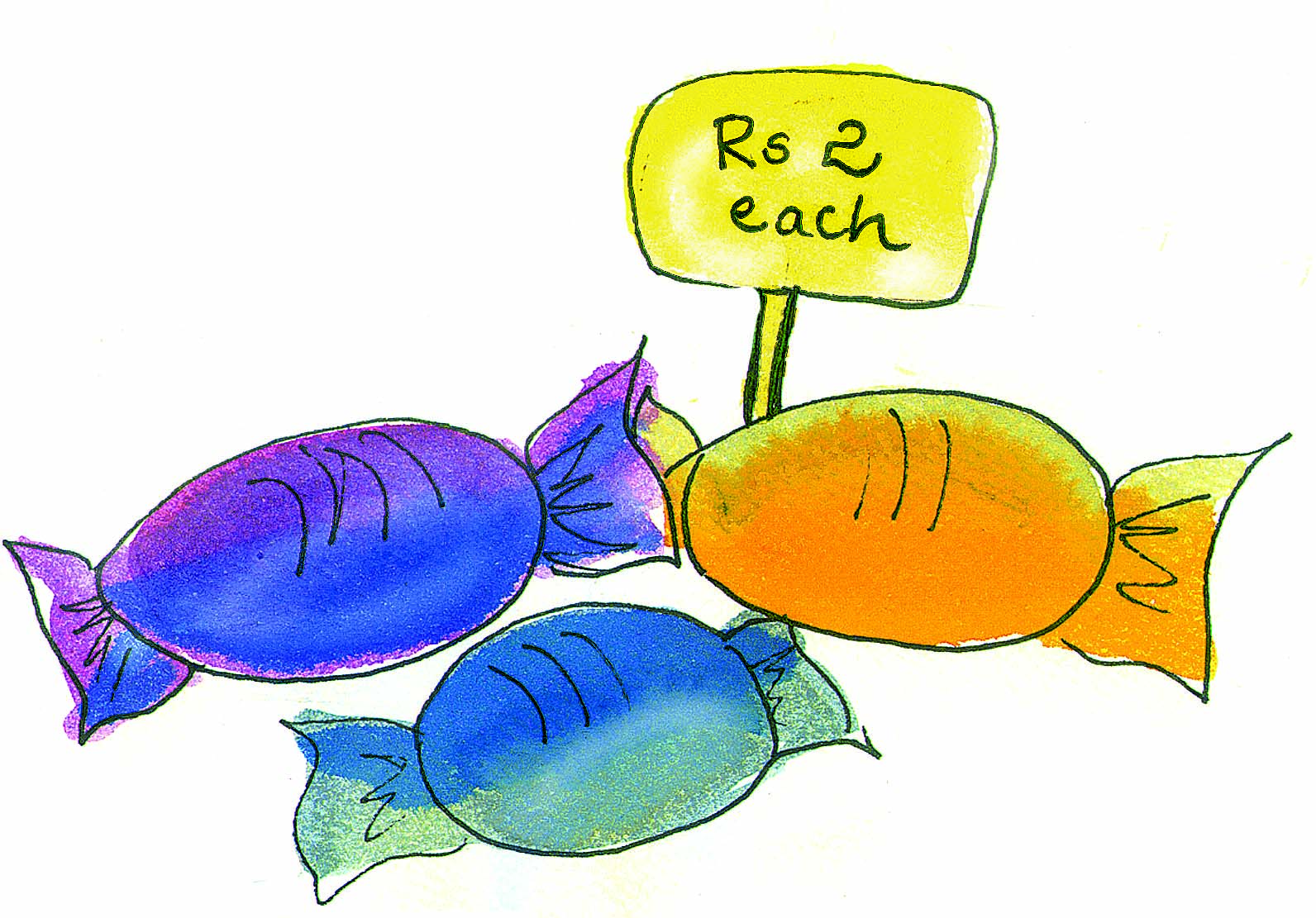
4 toffees cost rupees.
[Hint: 4 * 2]
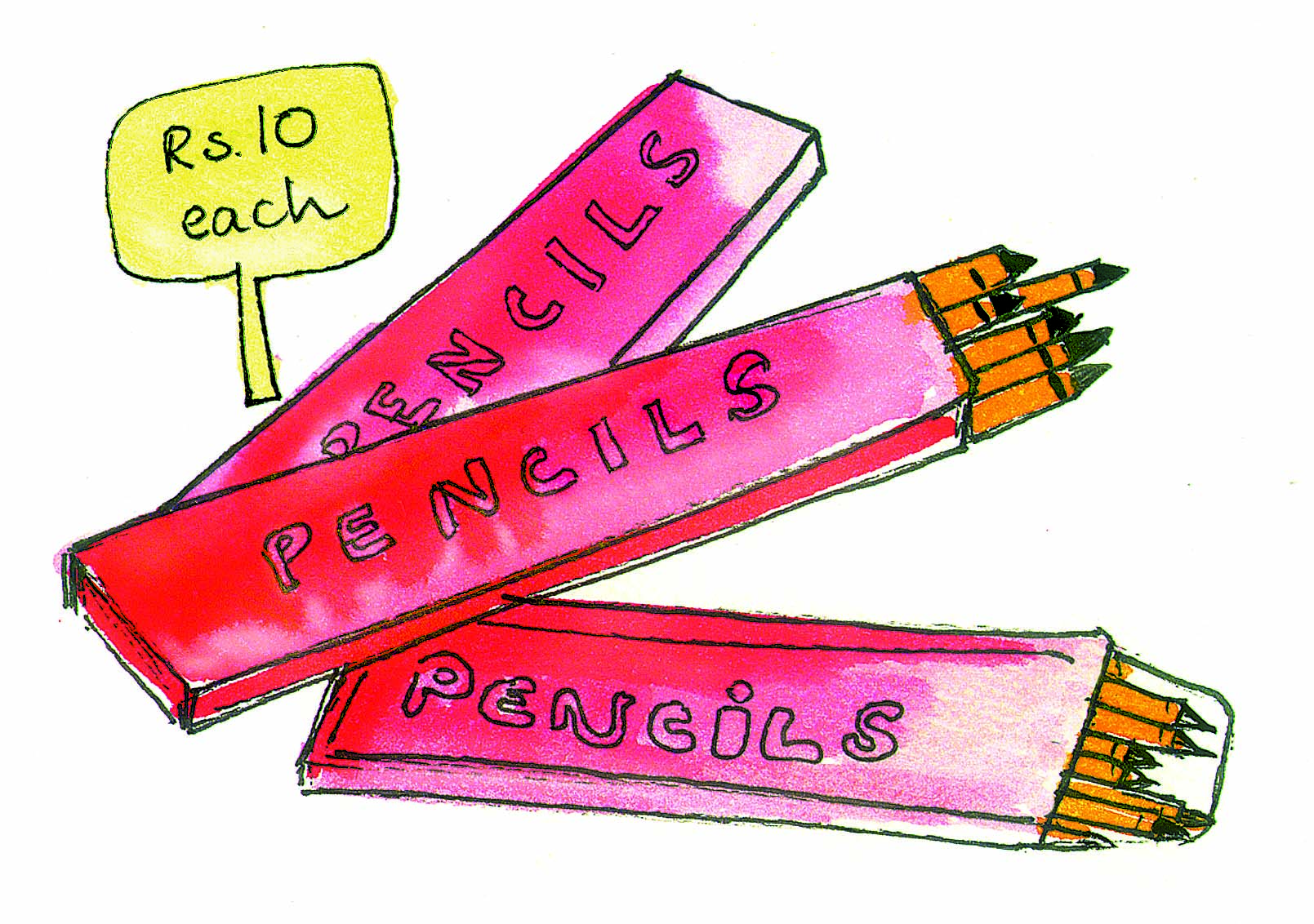
3 pencil boxes cost _____ rupees.
10 pencil boxes cost _____ rupees.
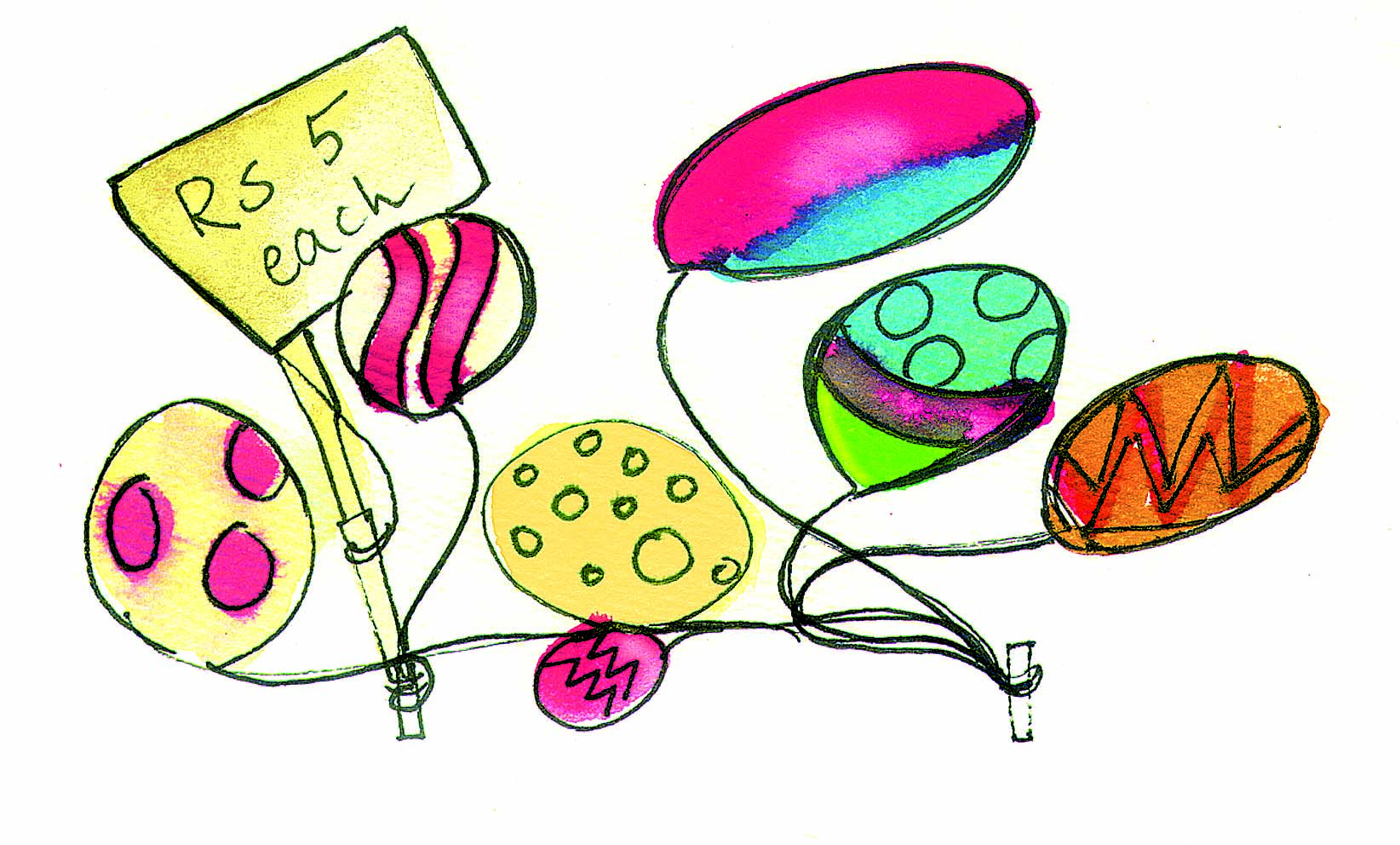
9 balloons cost _____ rupees.
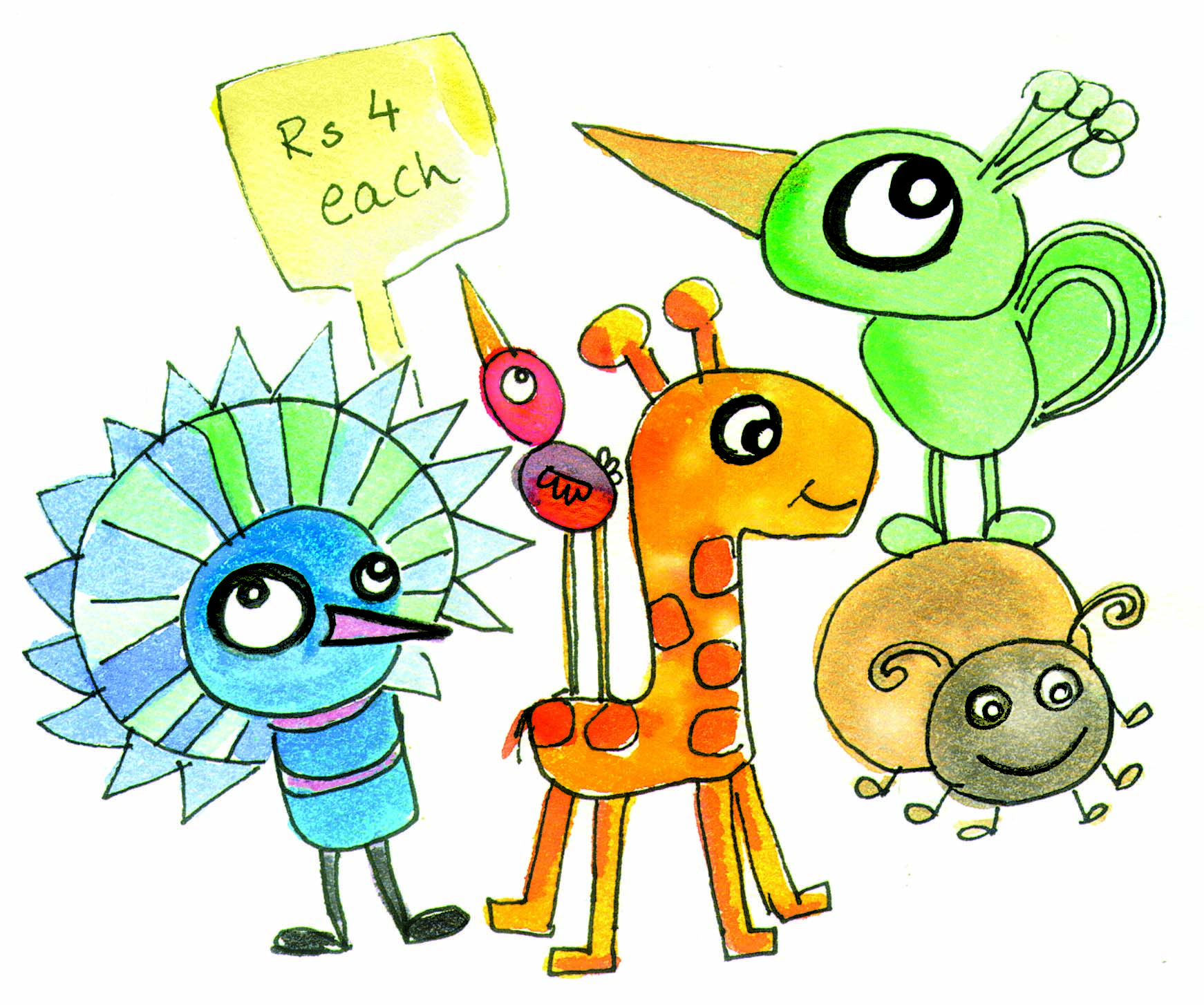
5 toys cost _____ rupees.

7 face masks _____ cost rupees.
Practice Time
A. Complete the following:
2 * 7 = _____
3 * 9 = _____
4 * 9 = _____
5 * 2 = _____
5 * 8 = _____
3 * 10 = _____
10 * 6 = _____
2 * 8 = _____
5 * 9 = _____
10 * 8 = _____
B. Look at the patterns and complete them.

3, 6, 9, _____, _____, _____ .
2, 4, 6, _____, _____, _____.
10, 20, 30, _____, _____, _____.
4, 8, 12, _____, _____, _____.
5, 10, 15, _____, _____, _____.
30, 60, 90, _____, _____, _____.
C. Complete the multiplication tree

D. How many in all?

The almirah has 4 shelves. There are 5 books in each shelf. How many books are in the almirah?
4 * 5 = 20 books
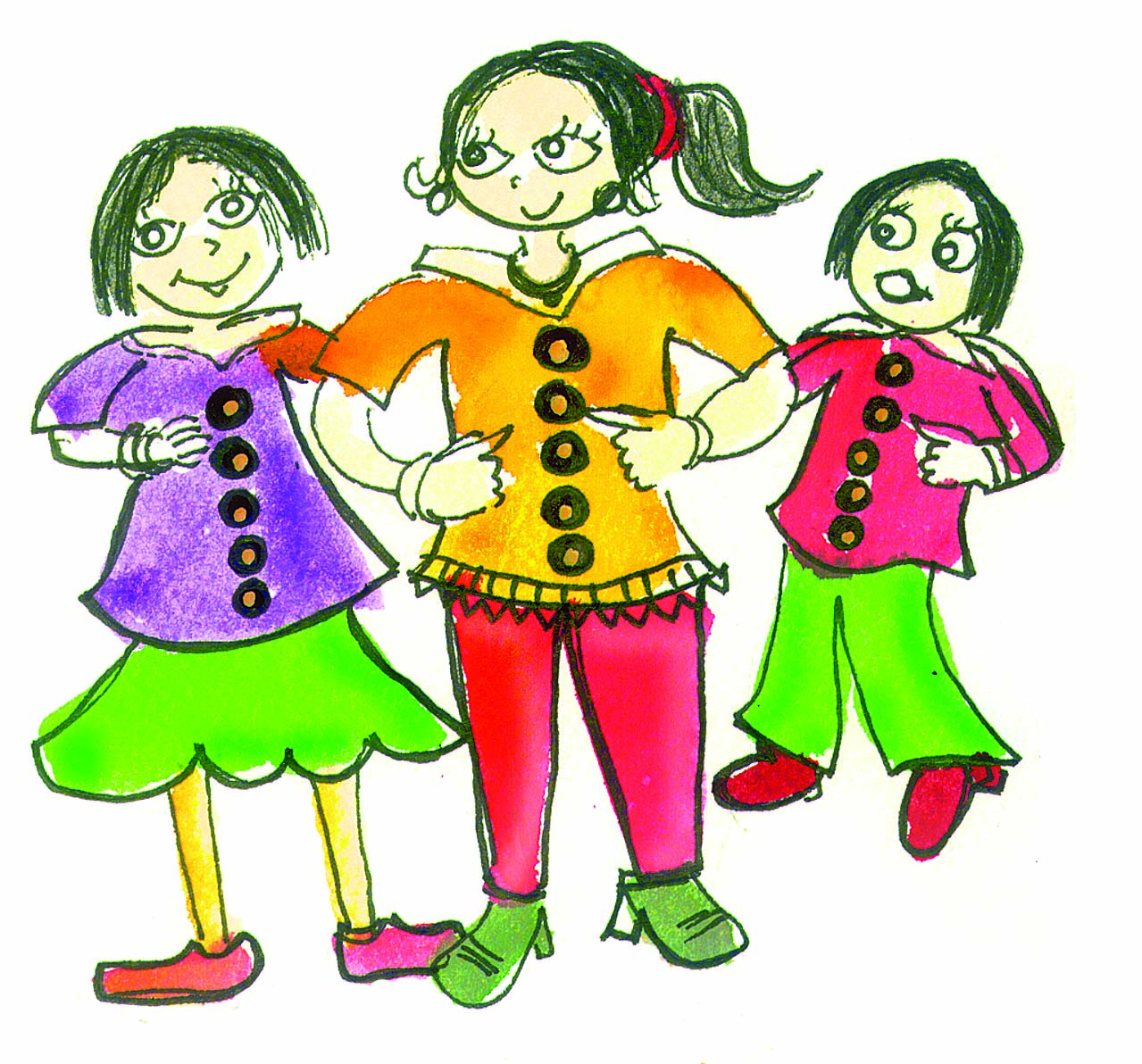
A shirt has 5 buttons. How many buttons would 3 shirts have?

There are four fans. Each fan has 3 blades. What is the total number of blades in all?

A box contains 6 apples. How many apples in all will seven boxes have?
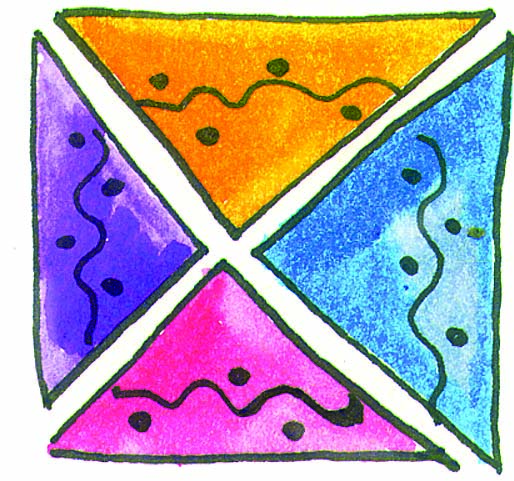
How many corners would 4 triangles have?
E. Some multiplication facts:
8 * 3 = _____
3 * _____ = _____
_____ * _____ = 42
5 * _____ = 40
_____ * _____ = 54
5 * _____ = 35
_____ * 6 = 36
10 * _____ = _____
_____ * 9 = 36
_____ * 7 = 28
Multiplication Table of 1

one time one is - 1 * 1 = 1
two times one is - 2 * 1= 2
three times one is - 3 * _____ = _____
four times one is - _____ * _____ = _____
_____ times one is - _____ * _____ = _____
_____ times one is - _____ * _____ = _____
_____ times one is - _____ * _____ = _____
_____ times one is - _____ * _____ = _____
Multiplying Big Numbers
A. Two toffees were given to each student in the class. If there were 34 students, how many toffees were given in all?
Total students present = 34
Each student gets 2 toffees.
So total number of toffees given is 34 * 2.

34*2 is 34 times 2
30 times 2 is 60.
So the answer is more than 60.
40 times 2 is 80.
So the answer is less than 80.
What is the answer?
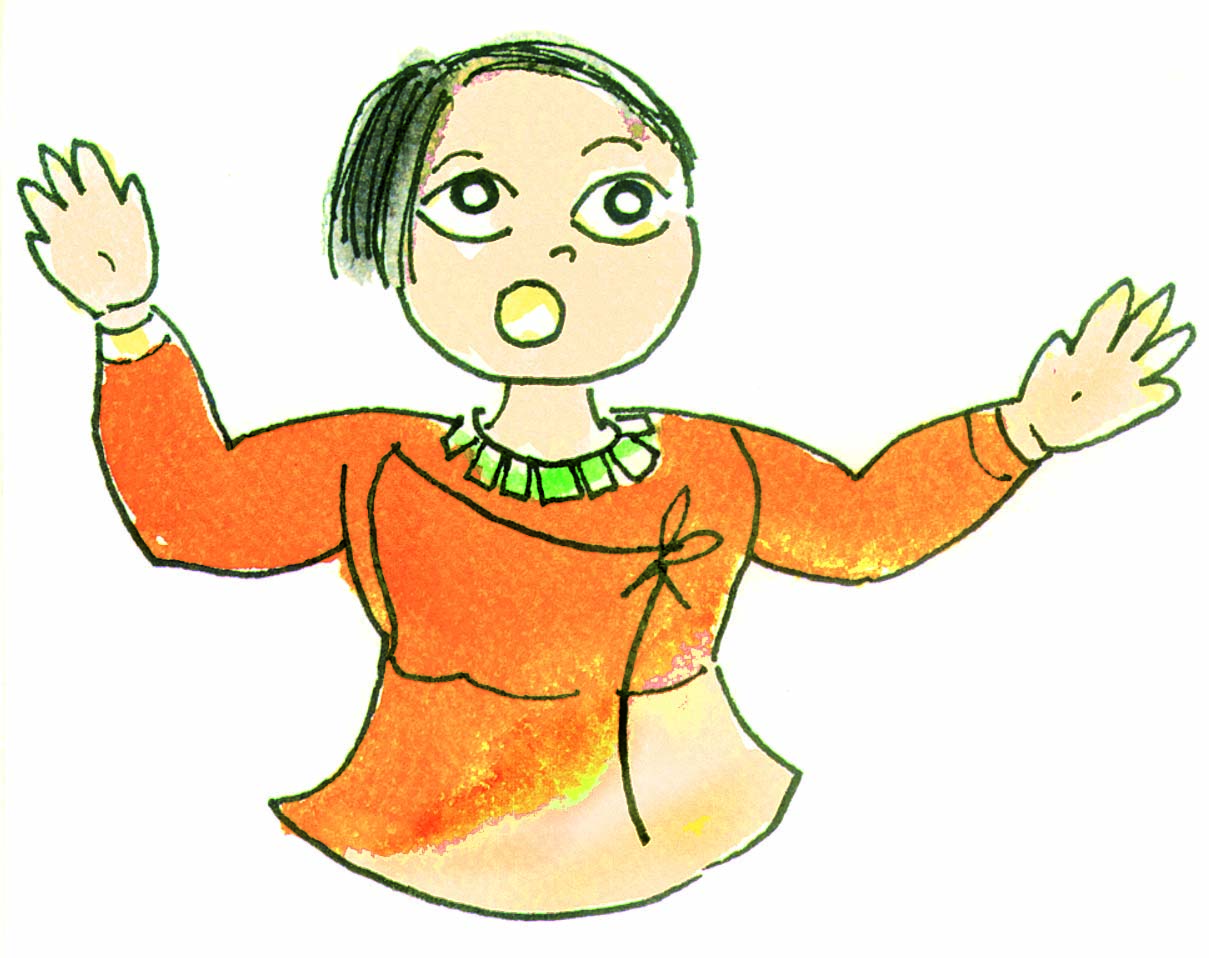
How can we find 34 times 2?
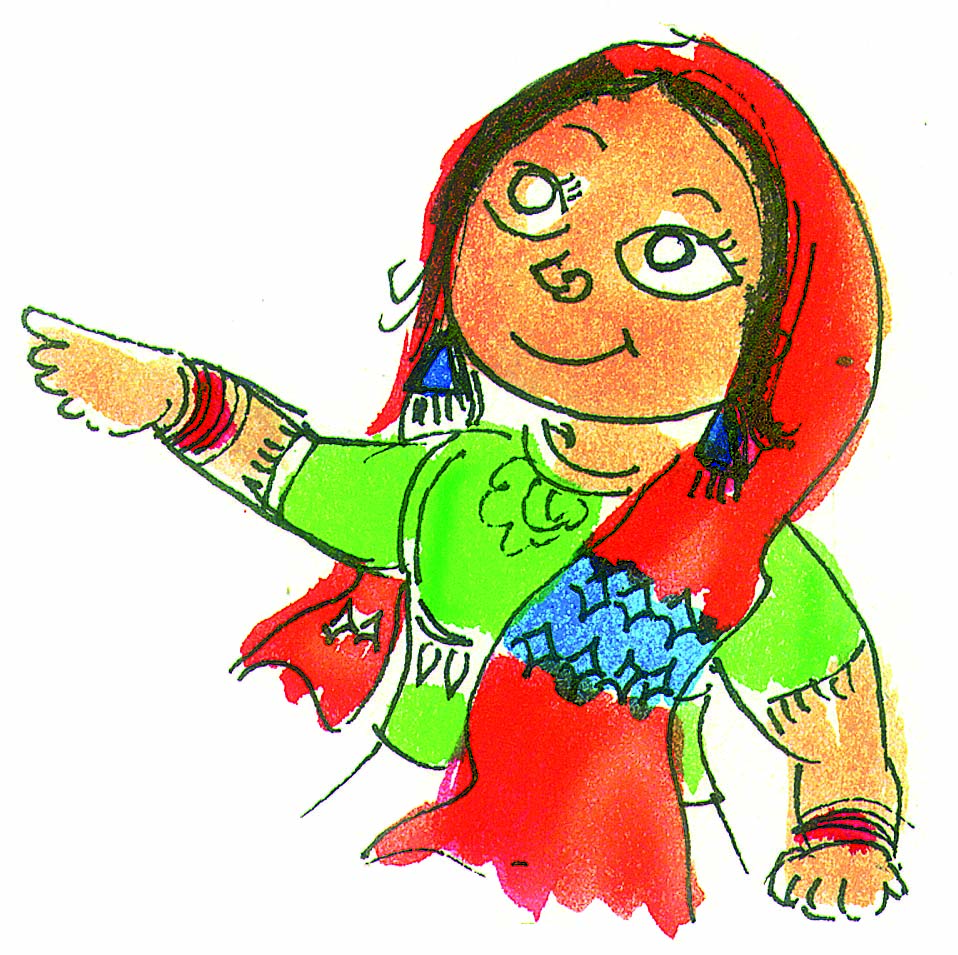
I know!
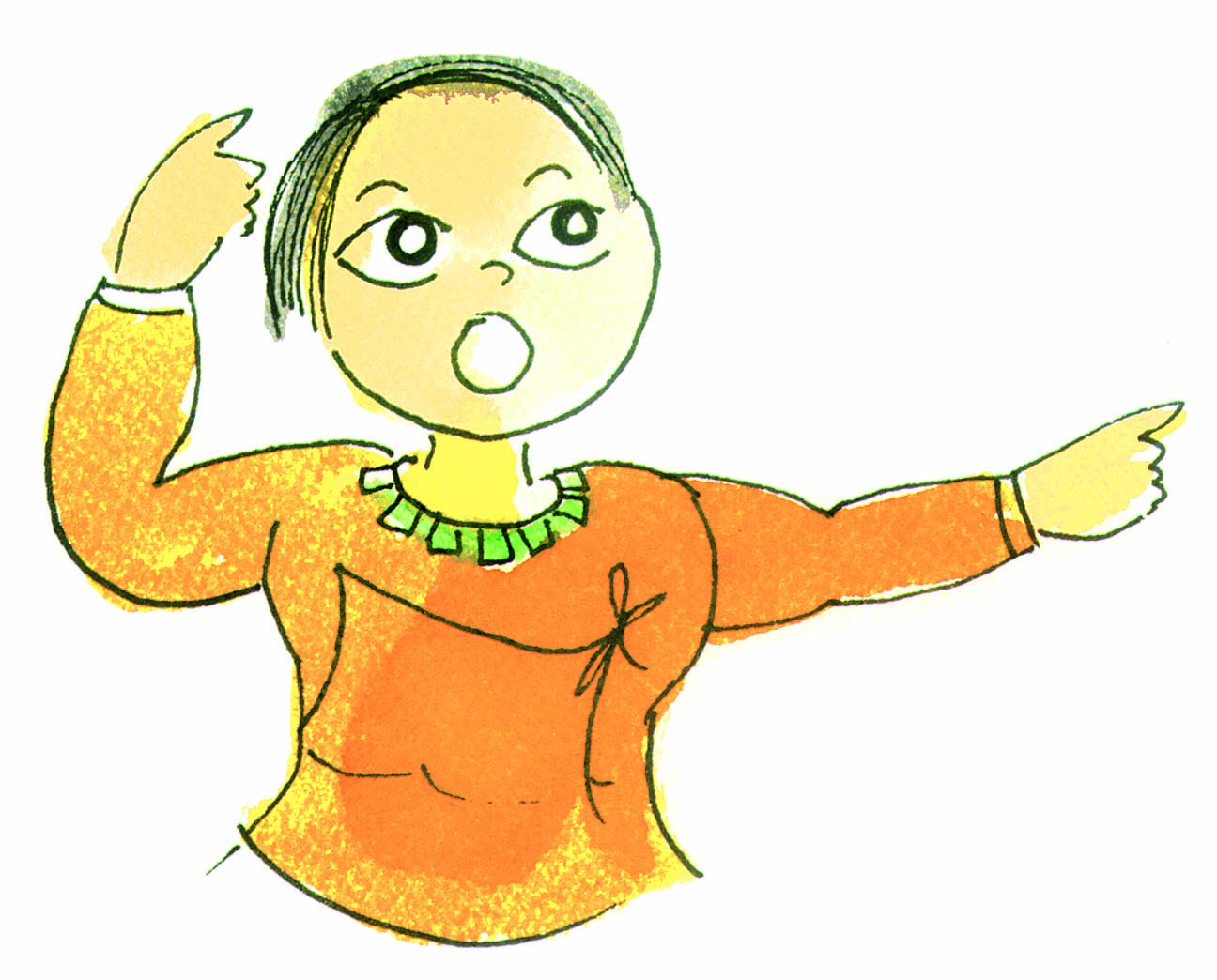
What's this?
Bharti wrote
2 30 4
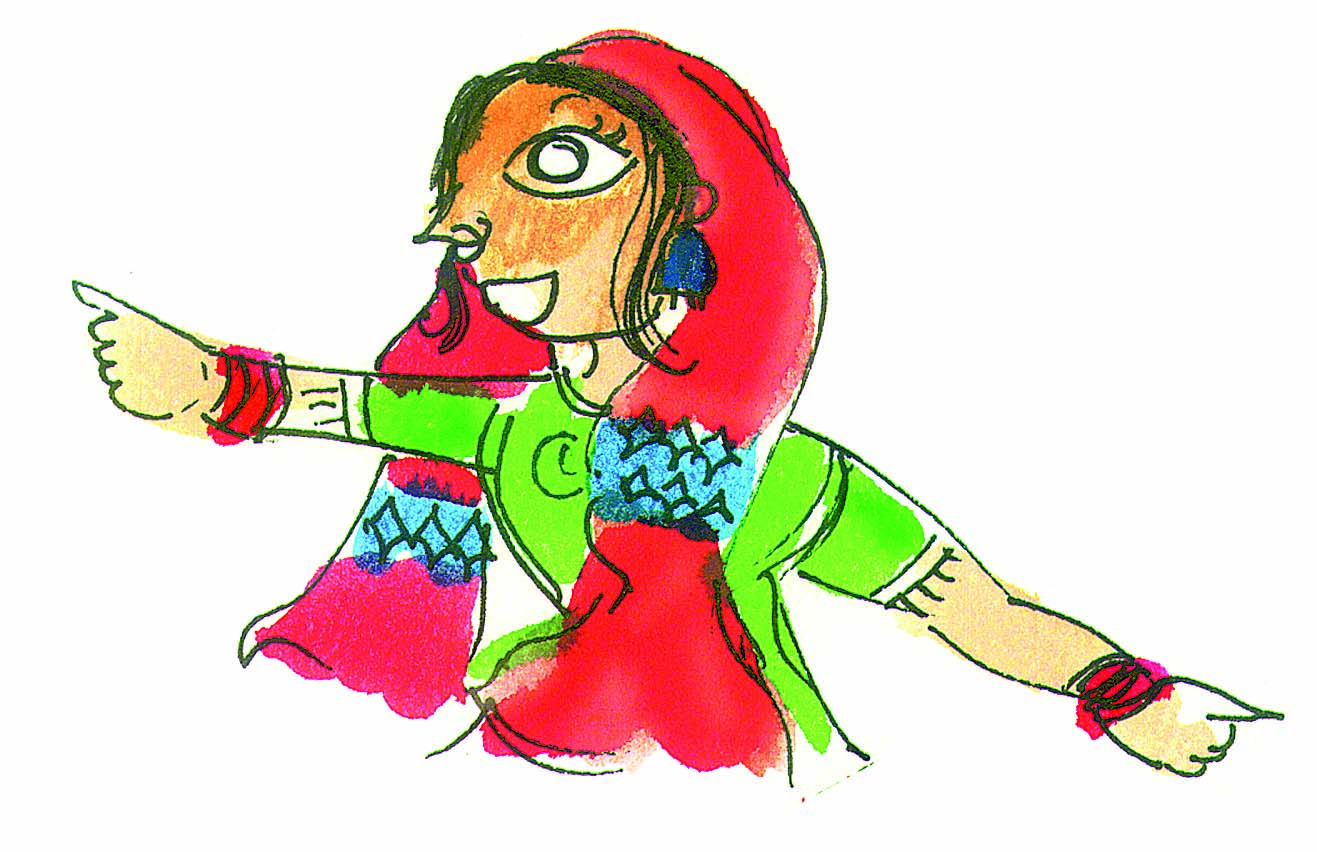
See, 34 is 30 and 4. Right?
But what's the answer?
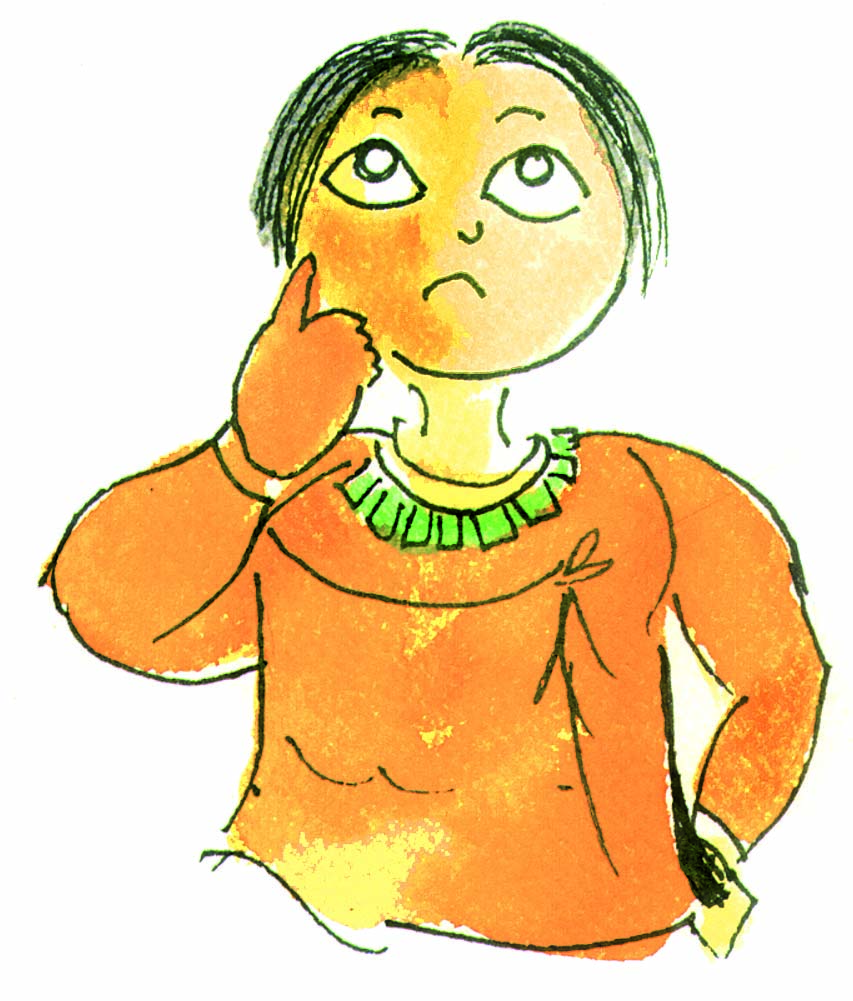
Next Bharti wrote
2*30=60
2*4=8
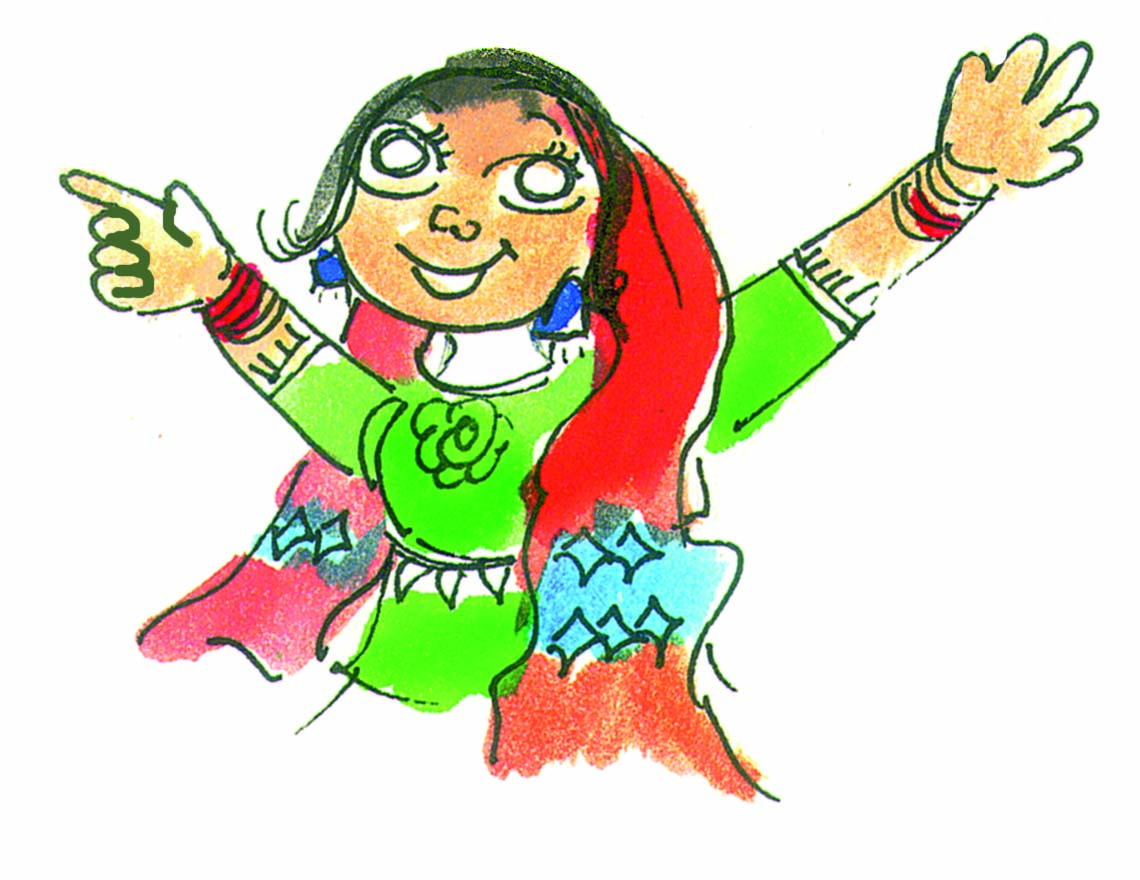
30 times 2 is 60 and 4 times 2 is 8.
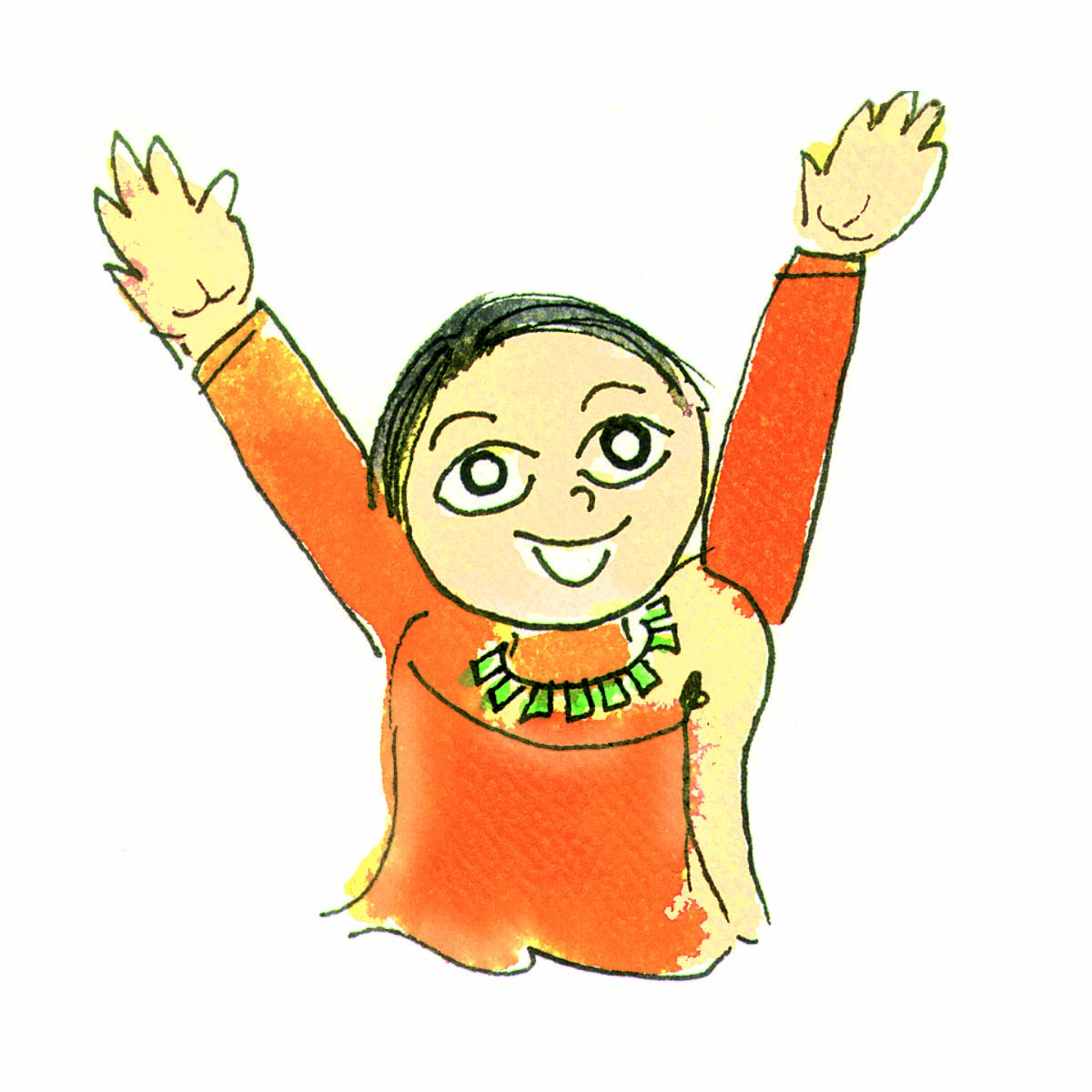
Wow! That's smart.
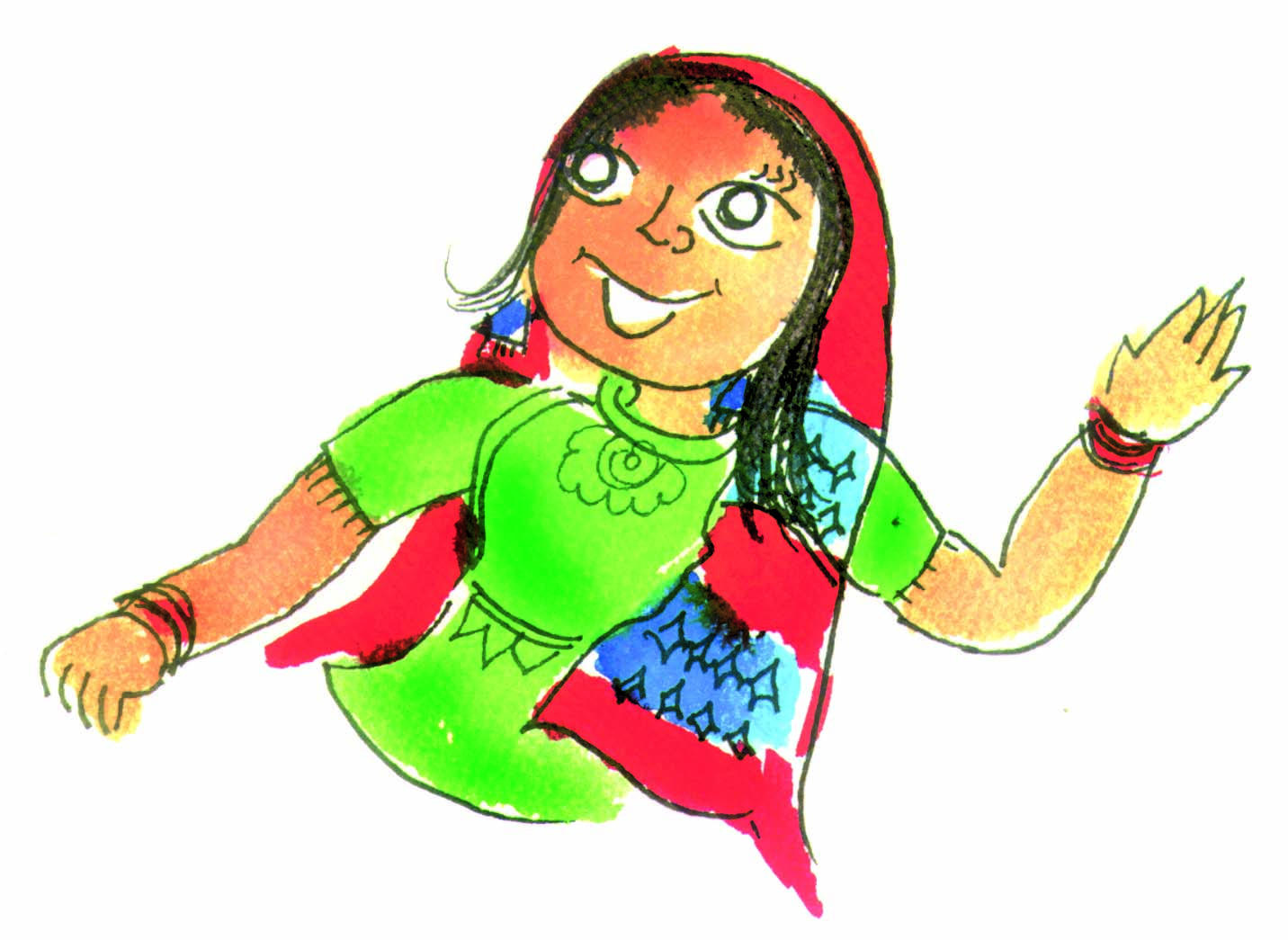
Just add the numbers in the boxes, and you get the answer 60 + 8 = 68
68 toffees in all.
B. In a picnic 4 fruits were given to every student. The number of students was 23. Find out the total number of fruits given.
Number of students in the picnic = 23
Fruits given to each student = 4
Total number of fruits = 23 * 4

23 * 4 means 23 times 4
20 times 4 is 80.
So the answer is more than 80.
The answer is also less than 100.
Can you tell why?
Let us try if we can do this by Bharti's method.
Adding 80 and 12 gives 92
So 23 times 4 is 92.
The activities given in this chapter are designed to develop children's conceptual understanding of multiplication. The standard method for multiplying larger numbers may be efficient, but teaching it too early may actually hinder learning. The method given here builds on children's growing sense of two-digit and three-digit numbers. Children should also be encouraged to estimate the result of the operation.
Practice Time
A. Multiply:
22 * 3 = _____
21 * 4 = _____
11 * 5 = _____
20 * 4 = _____
26 * 4 = _____
25 * 3 = _____
35 * 3 = _____
32 * 5 = _____
43 * 2 = _____
24 * 2 = _____
30 * 5 = _____
23 * 9 = _____
38 * 2 = _____
24 * 5 = _____
48 * 4 = _____
58 * 2 = _____
B. First guess the answer and then calculate:

A flower has five petals. A bunch of flowers has 13 flowers. How many petals are there in the bunch?
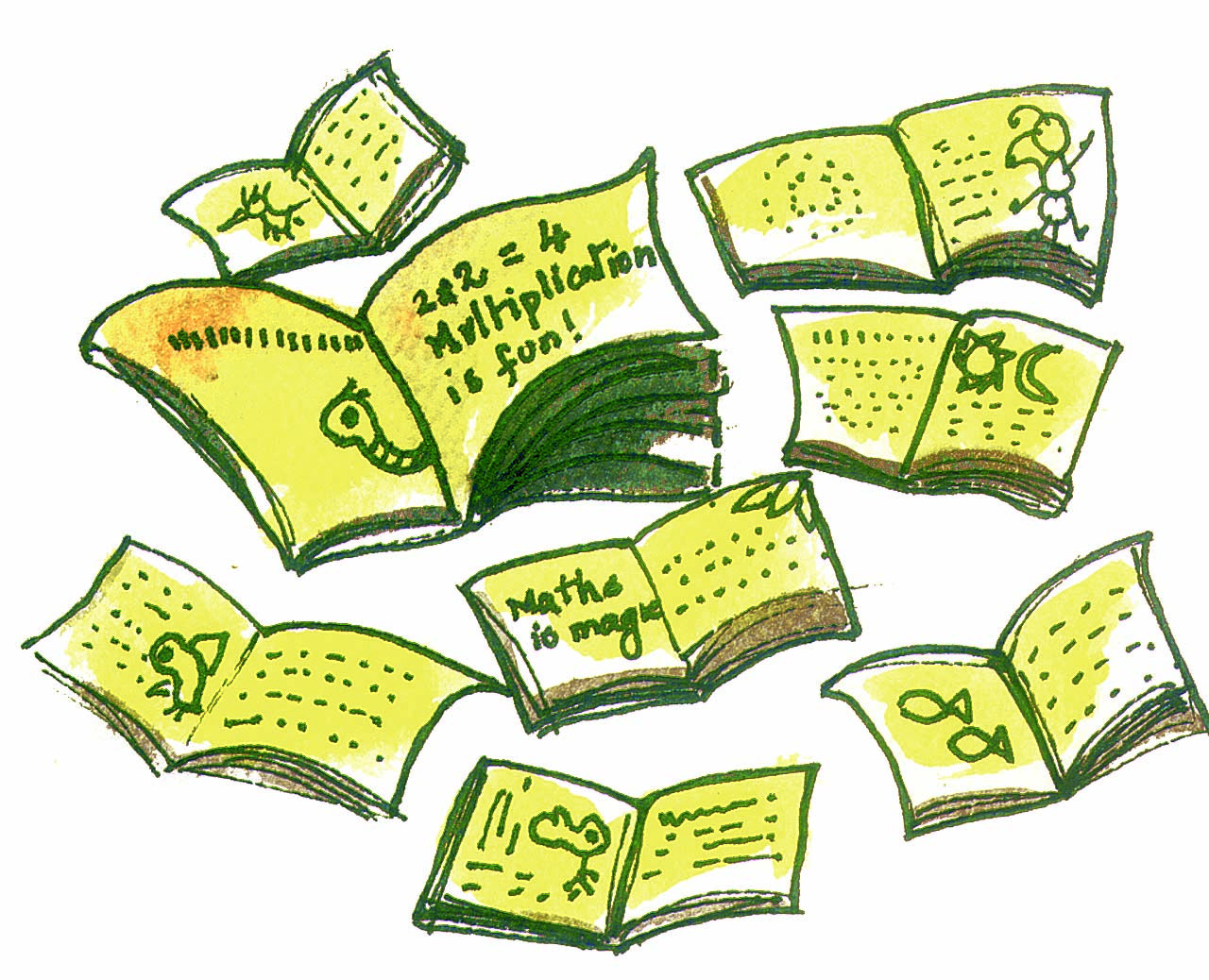
A book has 64 pages. What will be the total number of pages in 8 such books?
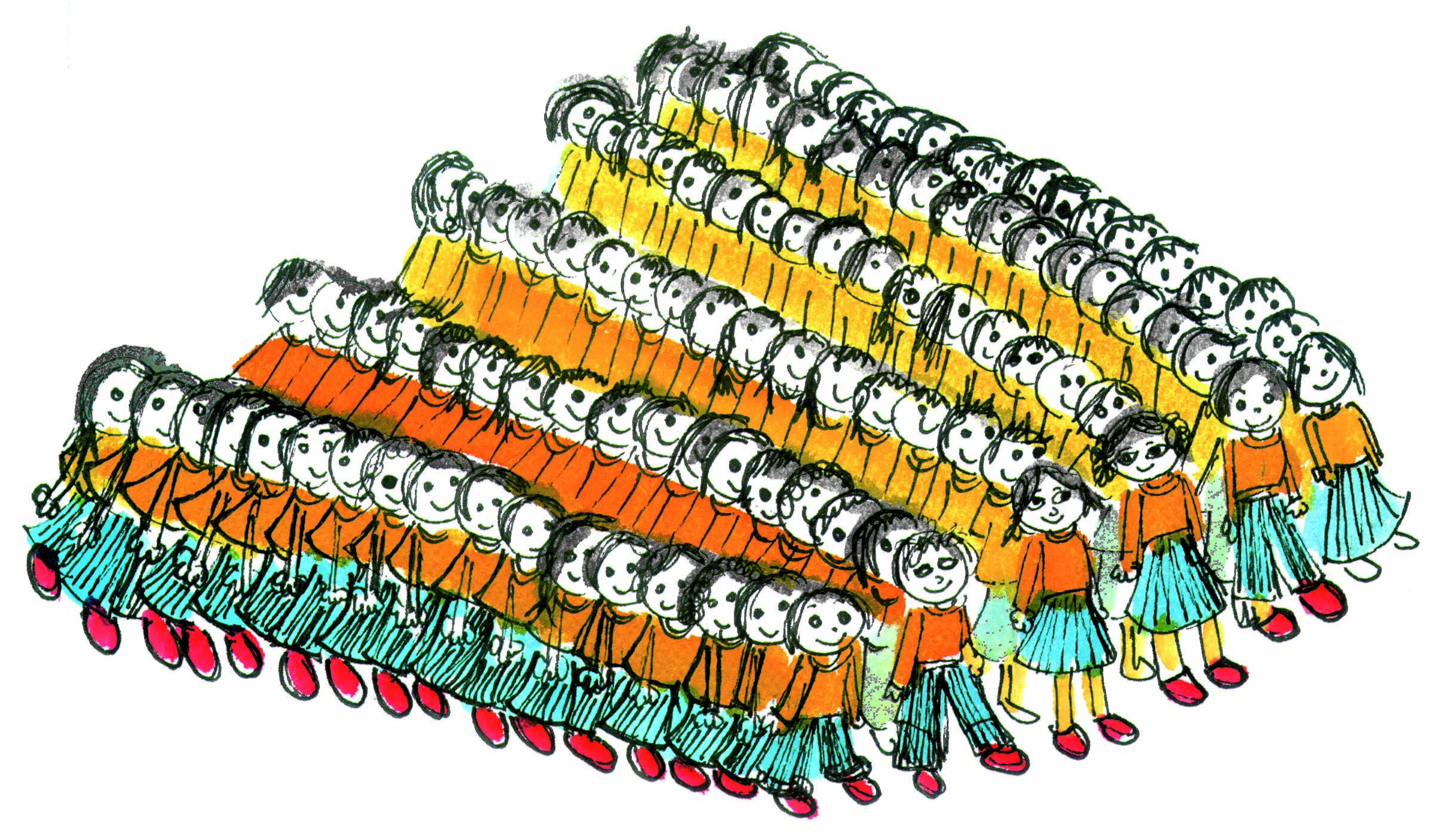
Students stand in rows in the assembly. There are six rows of students. Each row has 17 students. How many students are there?

A design has 3 flowers in it. A piece of cloth has 17 such designs. How many flowers will be on the cloth?
How many in 23 dozen?
Many things are sold by the dozen. For example, bangles and bananas are often sold by the dozen.
1 dozen bananas means 12 bananas.
So 23 dozen bananas is 23 * 12 bananas.
23 * 10 = 230
So the answer is more than 230.
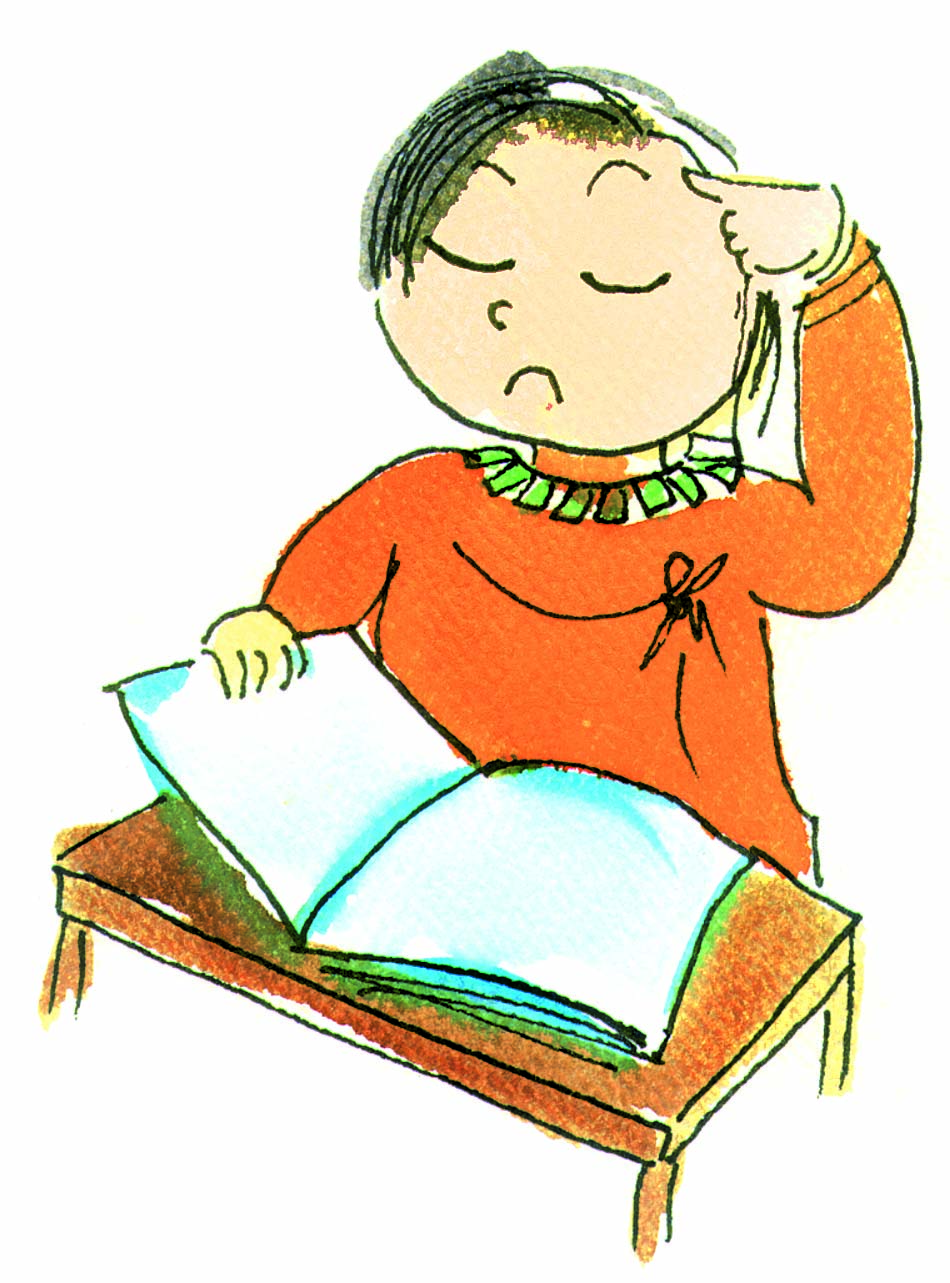
How to find 23 * 12?
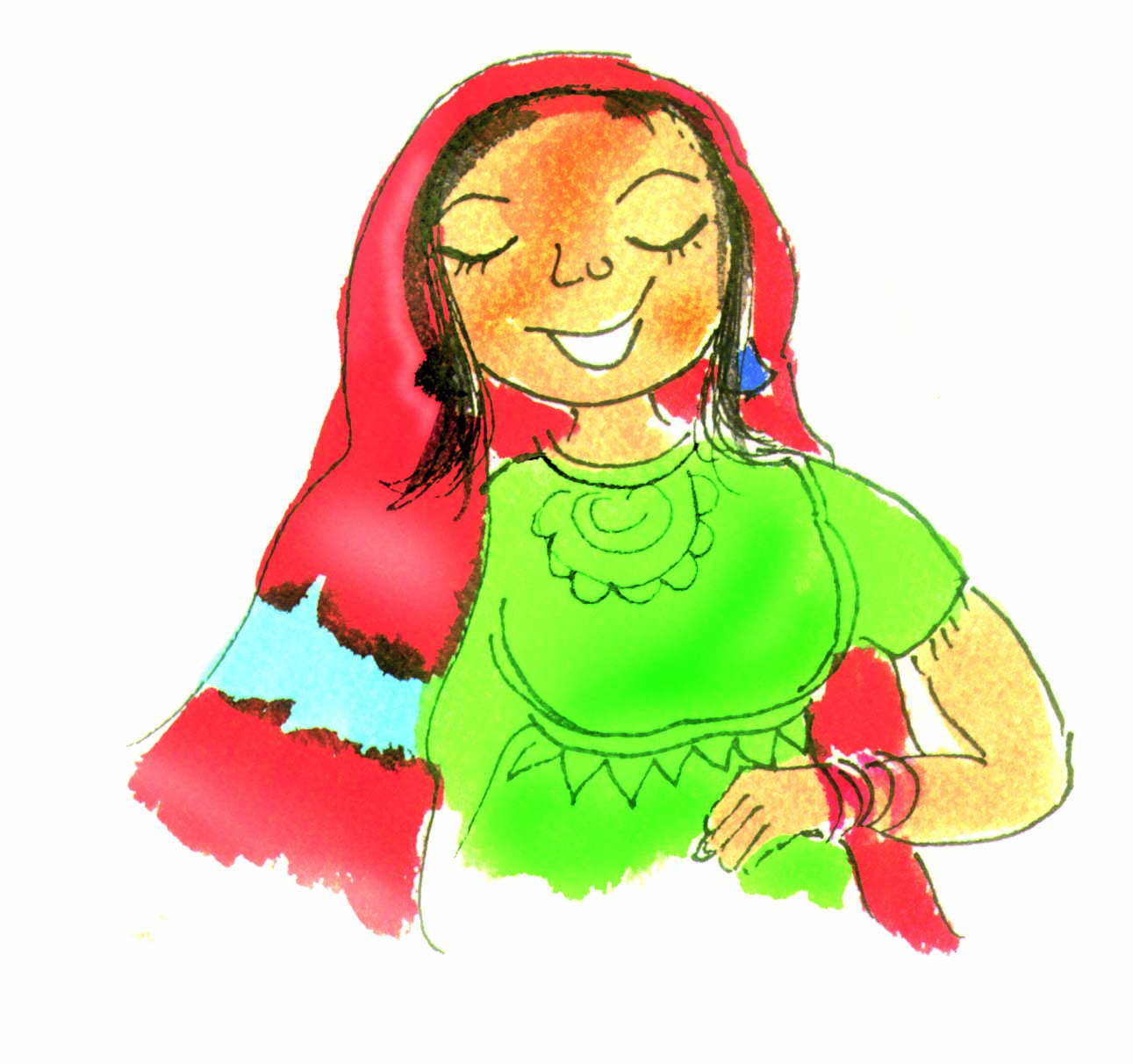
We can do it in the same way...
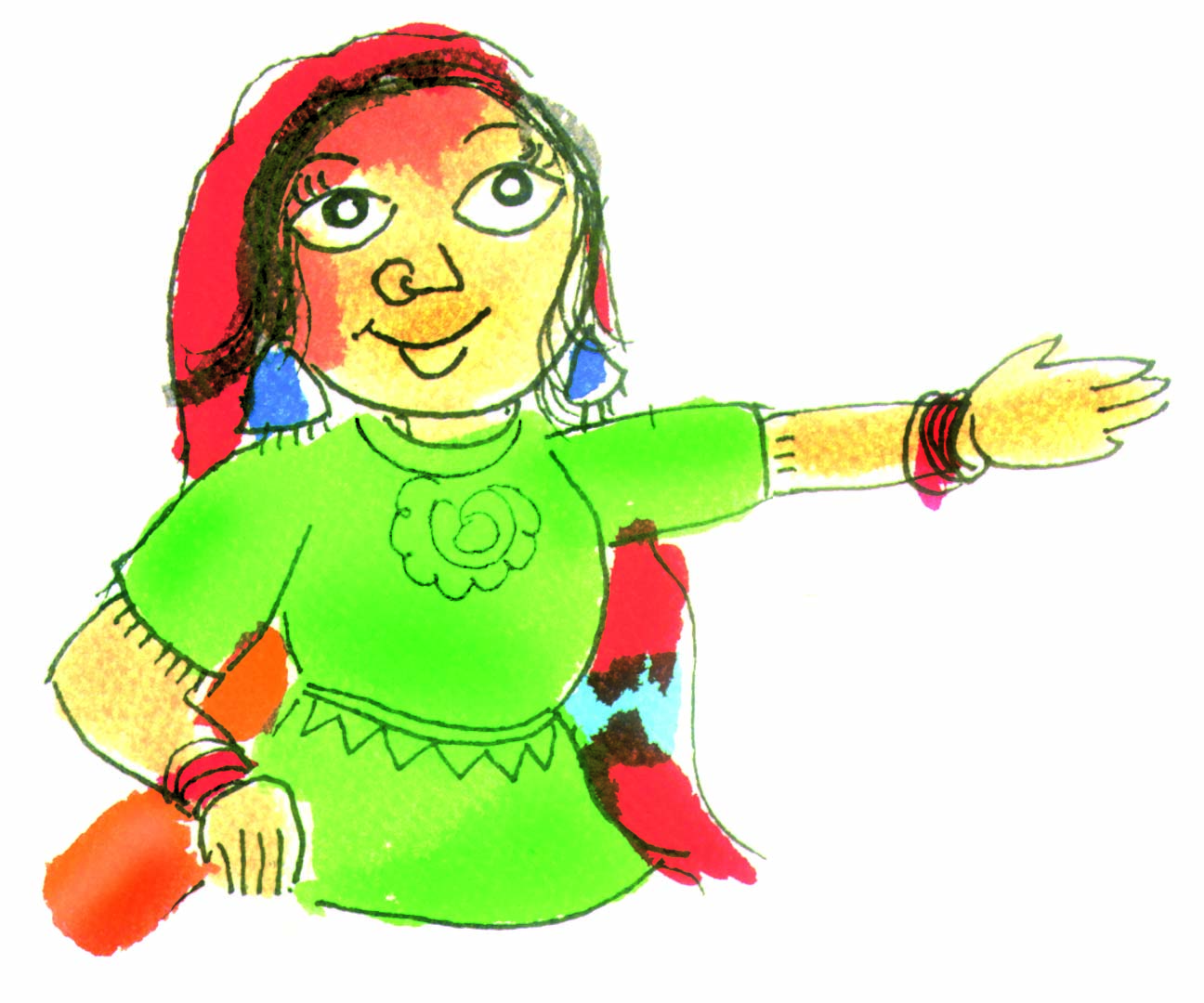
23 is 20 and 3. And 12 is 10 and 2.

Bharti wrote
Next Bharti wrote

And Bharti wrote 200 + 40 + 30 + 6 = 276

We will add the numbers in the boxes to get the answer.
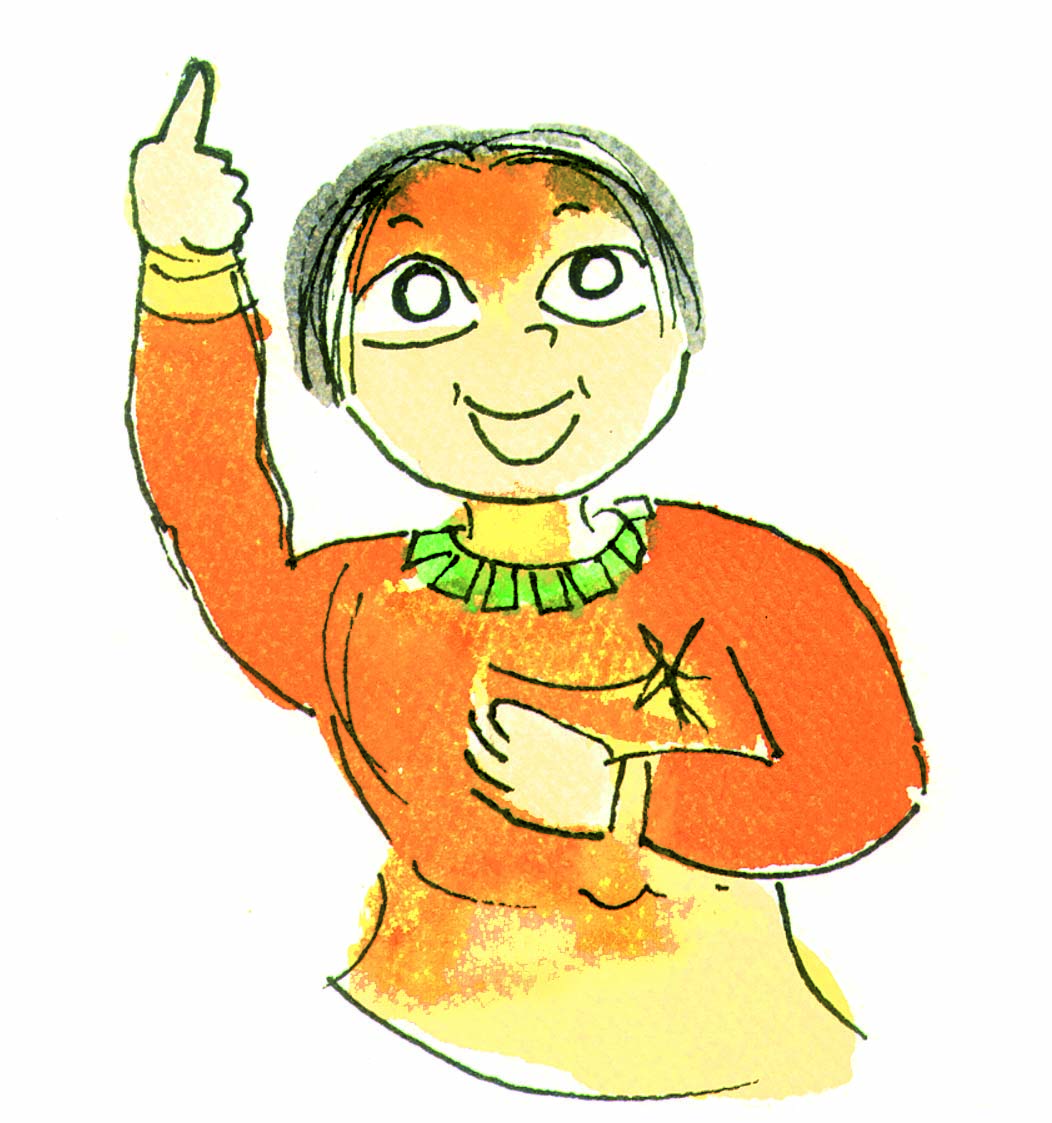
That's correct. 23 * 12 = 276
So 23 dozen bananas is 276 bananas.
Now try doing 43 * 13
43 is 40 and 3
13 is 10 and 3
We write the numbers in the boxes as shown.

Add the numbers in the boxes:
400 + 120 + 30 + 9 = 559
So 43 * 13 = 559
Practice Time
First guess the answer and then check it by calculating:
42 * 23 = _____
51 * 13 = _____
25 * 36 = _____
73 * 11 =_____
54 * 12 =_____
12 * 14 =_____
Multiplication Patterns
A.
9 * 1 = 9
9 * 2 = 18
9 * 3 = 27
9 * 4 = 36
9 * 5 = 45
9 * _____ = _____
9 * _____= _____
9 * 8 = _____
1 + 8 = 9
2 + 7 = 9
3 + 6 = 9
4 + 5 = 9
_____ + _____ = _____
_____ + _____ = _____
_____ + _____ = _____
Did you see the pattern in the 9 times table? What numbers are adding up to 9?
Observing patterns in multiplication tables deepens the understanding of the number system.
B. Complete the grid by multiplying the numbers
| * | 1 | 2 | 3 | 4 | 5 | 6 | 7 | 8 | 9 | 10 |
| 1 | 1 | 2 | 3 | 4 | 5 | 6 | 7 | 8 | 9 | 10 |
| 2 | 2 | 4 | 6 | 8 | 10 | 12 | 14 | 16 | 18 | 20 |
| 3 | 3 | 6 | 9 | 12 | 15 | 18 | 21 | 24 | 27 | 30 |
| 4 |
|
|
|
|
|
|
|
|
|
|
| 5 |
|
|
|
|
|
|
|
|
|
|
| 6 |
|
|
|
|
|
|
|
|
|
|
| 7 |
|
|
|
|
|
|
|
|
|
|
| 8 |
|
|
|
|
|
|
|
|
|
|
| 9 |
|
|
|
|
|
|
|
|
|
|
| 10 |
|
|
|
|
|
|
|
|
|
|
Look at the cross in your grid.
Add the numbers together from top to bottom.
3 + 6 + 9 = 18
Add the numbers together from left to right.
4 + 6 + 8 = 18
The total is the same.
Look for other such crosses and copy them in your notebook.
C. Mark the numbers 1 -10 in the same grid in one colour.
Mark the numbers 12 - 20 in another colour.
Similarly mark 21 - 30 in a third colour.
Do you see any colour pattern?


Fill this space with your favourite multiplication table.
